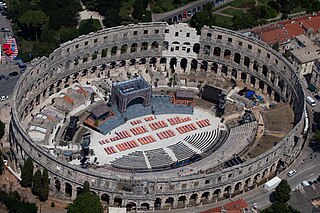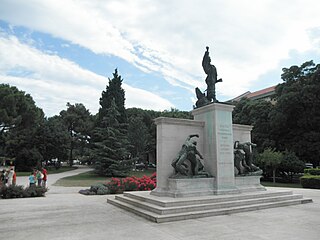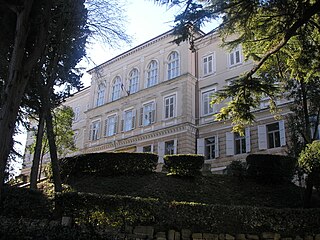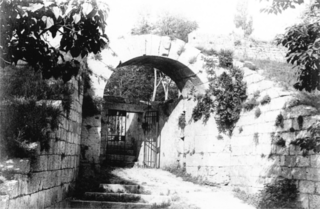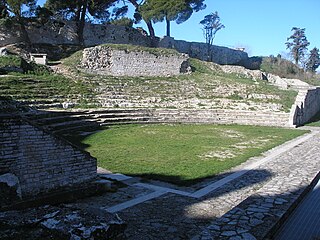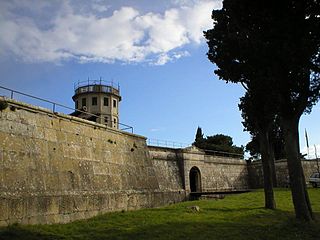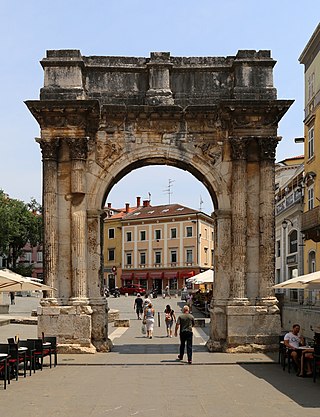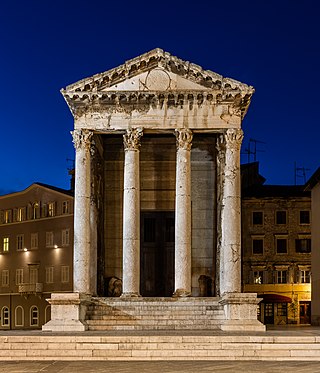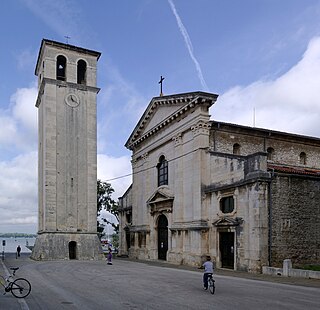Self-guided Sightseeing Tour #2 in Pula, Croatia
Legend
Guided Free Walking Tours
Book free guided walking tours in Pula.
Guided Sightseeing Tours
Book guided sightseeing tours and activities in Pula.
Tour Facts
2.3 km
59 m
Experience Pula in Croatia in a whole new way with our free self-guided sightseeing tour. This site not only offers you practical information and insider tips, but also a rich variety of activities and sights you shouldn't miss. Whether you love art and culture, want to explore historical sites or simply want to experience the vibrant atmosphere of a lively city - you'll find everything you need for your personal adventure here.
Activities in PulaIndividual Sights in PulaSight 1: Pula Amphitheatre
The Pula Arena is a Roman amphitheatre located in Pula, Croatia. It is the only remaining Roman amphitheatre to have four side towers entirely preserved. It was constructed between 27 BC and AD 68, and is among the world's six largest surviving Roman arenas. The arena is also the country's best-preserved ancient monument.
Sight 2: Borcima narodnooslobodilačke borbe i žrtvama fašizma 1941-1945
The Rebellion of the Croats in Villefranche de Rouergue is a sculpture by the academic sculptor Vanja Radauš.
Wikipedia: Pobuna Hrvata u mjestu Villefranche de Rouergue (HR)
Sight 3: Roman Twin gates
The Dvojna vrata is a Roman city gate located in Pula, Croatia. It was built during the late 2nd century. Porta Gemina is a double arched gate. It was one of the ten city gates of Pula, standing at the north side of the capitol.
Sight 4: Archaeological Museum of Istria
The Archaeological Museum of Istria is a special museum founded in 1902 in Pula. It covers an area of 3600 m². The museum contains three collections: prehistoric, ancient, and late antique and medieval. Dislocated objects within the Museum include the site of Nesactium. Monuments in the city of Pula under the care of the Museum are: the Amphitheater, the Temple of Augustus, the Temple of Diana, the mosaic "The Punishment of Dirka", the Arch of Sergius, the Double Gate, the Gate of Hercules and the Basilica of St. George. Maria Formosa.
Sight 5: Herkulova vrata
The Gate of Hercules is the oldest preserved monument of Roman architecture in Pula, built in the middle of the 1st century BC. Kr.
Sight 6: Malo rimsko kazalište
The Small Roman Theatre in Pula was probably built in the 1st century on the eastern slope of the Pula hill at the foot of the old Castrum. It occupied a much larger area than what is visible today, because archaeological research has not been fully completed.
Sight 7: Historical and Maritime Museum of Istria
The Historical and Maritime Museum of Istria is located on the highest hill in Pula, at an altitude of 32.4 meters, between the sea and the hills of the Arena, Zara and St. Michael, in an adapted Venetian fortress. Since 1961, it has housed the working and exhibition rooms of the Historical and Maritime Museum of Istria, which was founded on December 31, 1955 as the Museum of the Revolution.
Sight 8: Arch of the Sergi
Arch of the Sergii is an Ancient Roman triumphal arch located in Pula, Croatia. The arch commemorates three members of the Sergii family, specifically Lucius Sergius Lepidus, a tribune serving in the twenty-ninth legion that participated in the Battle of Actium and disbanded in 27 BC. This suggests an approximate date of construction: 29–27 BC. The arch stood behind the original naval gate of the early Roman colony. The Sergii were a powerful family of officials in the colony and retained their power for centuries.
Sight 9: Temple of Augustus
The Temple of Augustus is a well-preserved Roman temple in the city of Pula, Croatia. Dedicated to the first Roman emperor, Augustus, it was probably built during the emperor's lifetime at some point between 27 BC and his death in AD 14. It was built on a podium with a tetrastyle prostyle porch of Corinthian columns and measures about 8 by 17.3 m, and 14 m (46 ft) high. The richly decorated frieze is similar to that of a somewhat larger and more recent temple, the Maison Carrée in Nîmes, France. These two temples are considered the two best complete Roman monuments outside Italy.
Sight 10: Cathedral of the Assumption of the Blessed Virgin Mary
The Pula Cathedral or fully the Cathedral of the Assumption of the Blessed Virgin Mary is a co-cathedral in Pula, Croatia. Along with the Euphrasian Basilica it is one of the two official seats of the Roman Catholic Diocese of Poreč and Pula. The church is located on the south side of the Pula bay at the foot of the hill with the 17th century Venetian fort. The site of the present-day church has been used for religious worship since ancient Roman times and the first Christian churches on the site were built in the late 4th and early 5th century AD. These had gone through a series of enlargements and reconstructions over the ages.
Share
Disclaimer Please be aware of your surroundings and do not enter private property. We are not liable for any damages that occur during the tours.
GPX-Download For navigation apps and GPS devices you can download the tour as a GPX file.
